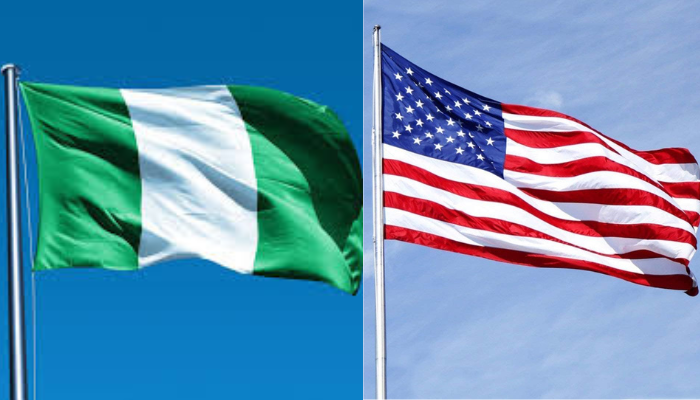Bilateral trade between Nigeria and the United States has hit a slowdown, with new figures showing steep declines on both sides. According to the U.S. Census Bureau and the Bureau of Economic Analysis, Nigeria’s exports to the U.S. fell sharply by 41% in July 2025 — dropping from $639 million in June to $379 million. U.S. exports to Nigeria also dipped by over $300 million during the same period.
Despite the downturn, the U.S. still maintained a $206 million trade surplus for July, and overall, between January and July 2025, it imported $3.14 billion worth of Nigerian goods while exporting $3.92 billion.
The Trump Tariff Effect
Analysts link much of this turbulence to new tariffs rolled out by President Donald Trump’s administration. In April, Nigerian goods were hit with a 14% tariff, which was raised again in July to 15%. These measures are part of a broader set of global trade adjustments, with U.S. duties on some countries rising as high as 41%.
For Nigeria, which already faces rising import costs and currency volatility, these tariffs threaten to reduce competitiveness in one of its key markets.
Opportunities in Crisis
Yet some economists believe the current disruptions could be a hidden opportunity. Development economist Dr. Aliyu Ilias noted that the tariff shock might push Nigeria to diversify its markets and strengthen regional partnerships.
“This is not just about Nigeria — other countries are affected too,” he explained. “It creates room for Nigeria to explore new trade partners and reduce dependence on a single export destination.”
The Bigger Picture for Entrepreneurs
Beyond government-level negotiations, the ripple effects of this trade tension will be felt in Nigeria’s private sector. Exporters in agriculture, manufacturing, and logistics will need to adapt — whether through new markets in Asia, Africa, or Europe, or by innovating value-added products that can command higher margins despite tariffs.
The decline also highlights Nigeria’s need to invest in stronger trade infrastructure, better packaging, and diversified export pipelines to cushion against sudden policy shifts abroad.
Looking Ahead
For Nigerian businesses, the U.S. remains an important but increasingly uncertain partner. While tariffs pose short-term challenges, they may also accelerate a broader shift toward self-reliance, intra-African trade under AfCFTA, and strategic expansion into alternative markets.
In a changing global economy, Nigeria’s ability to pivot quickly will determine whether today’s trade setbacks evolve into tomorrow’s business opportunities.

